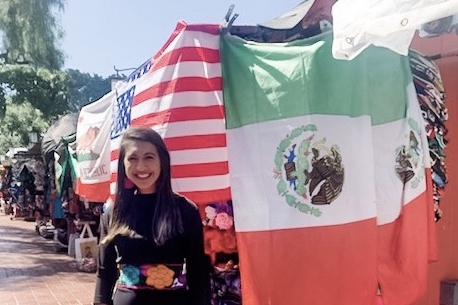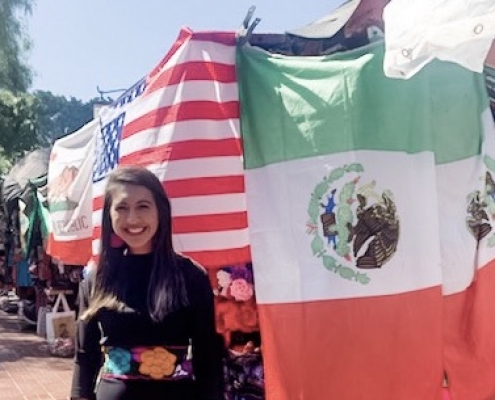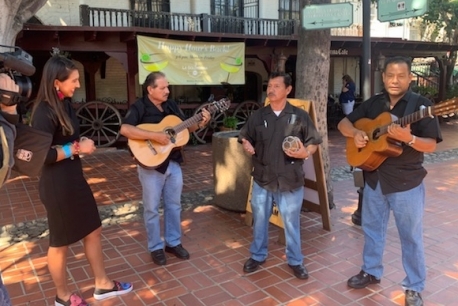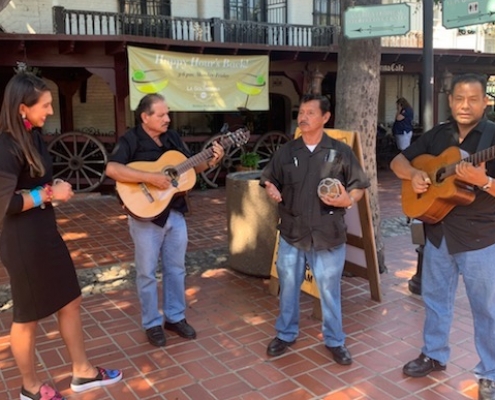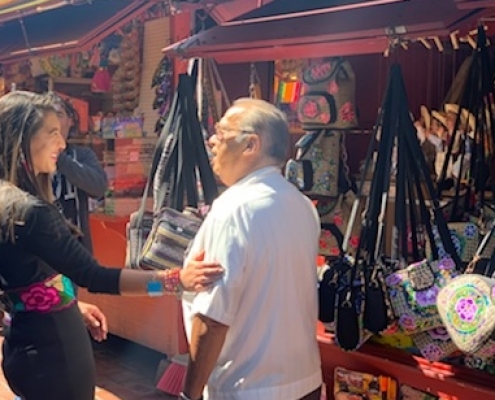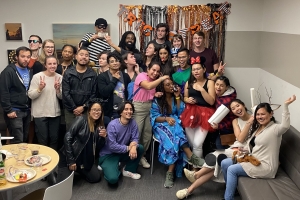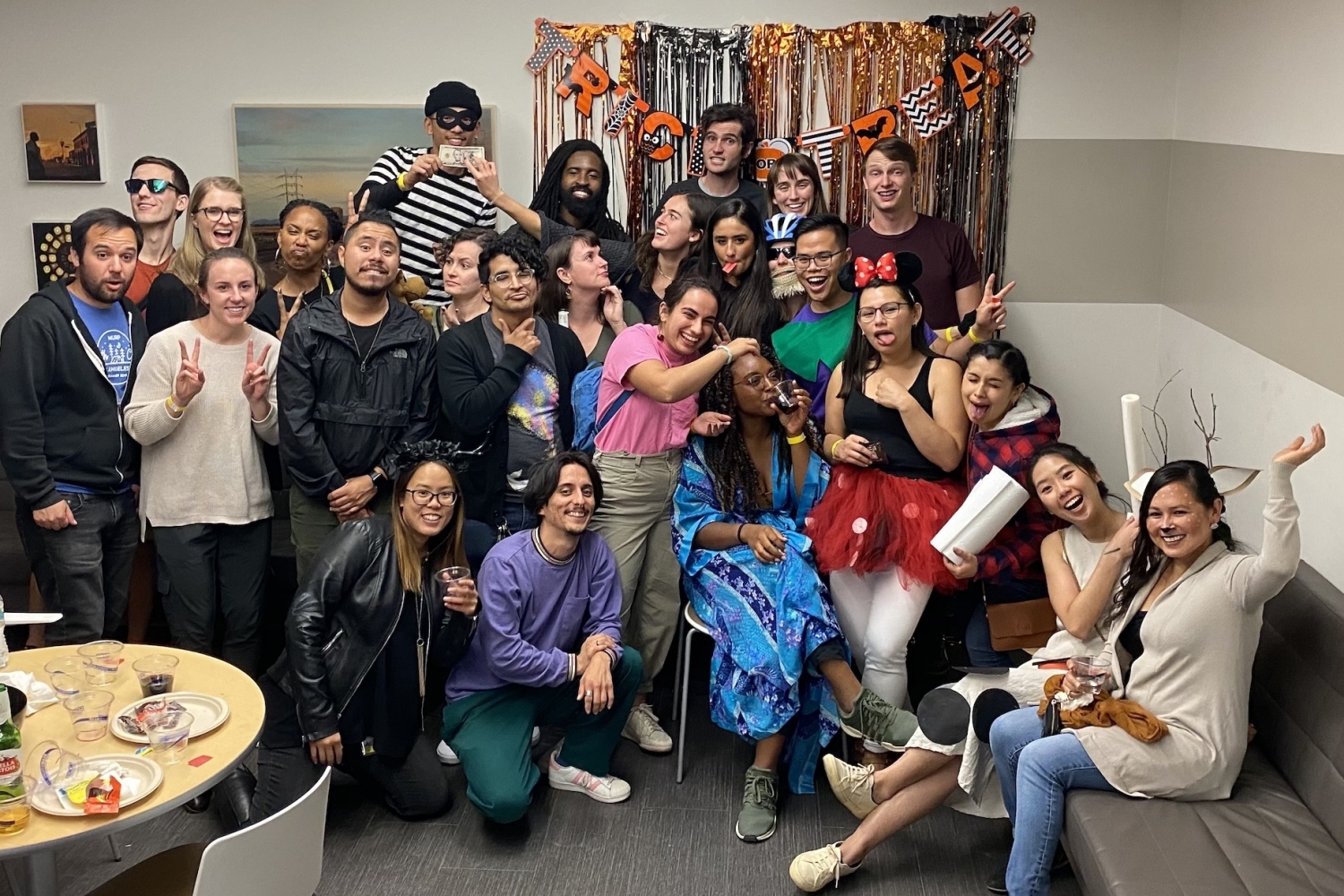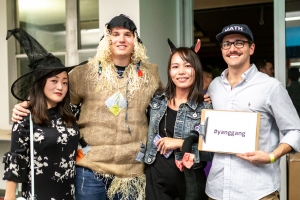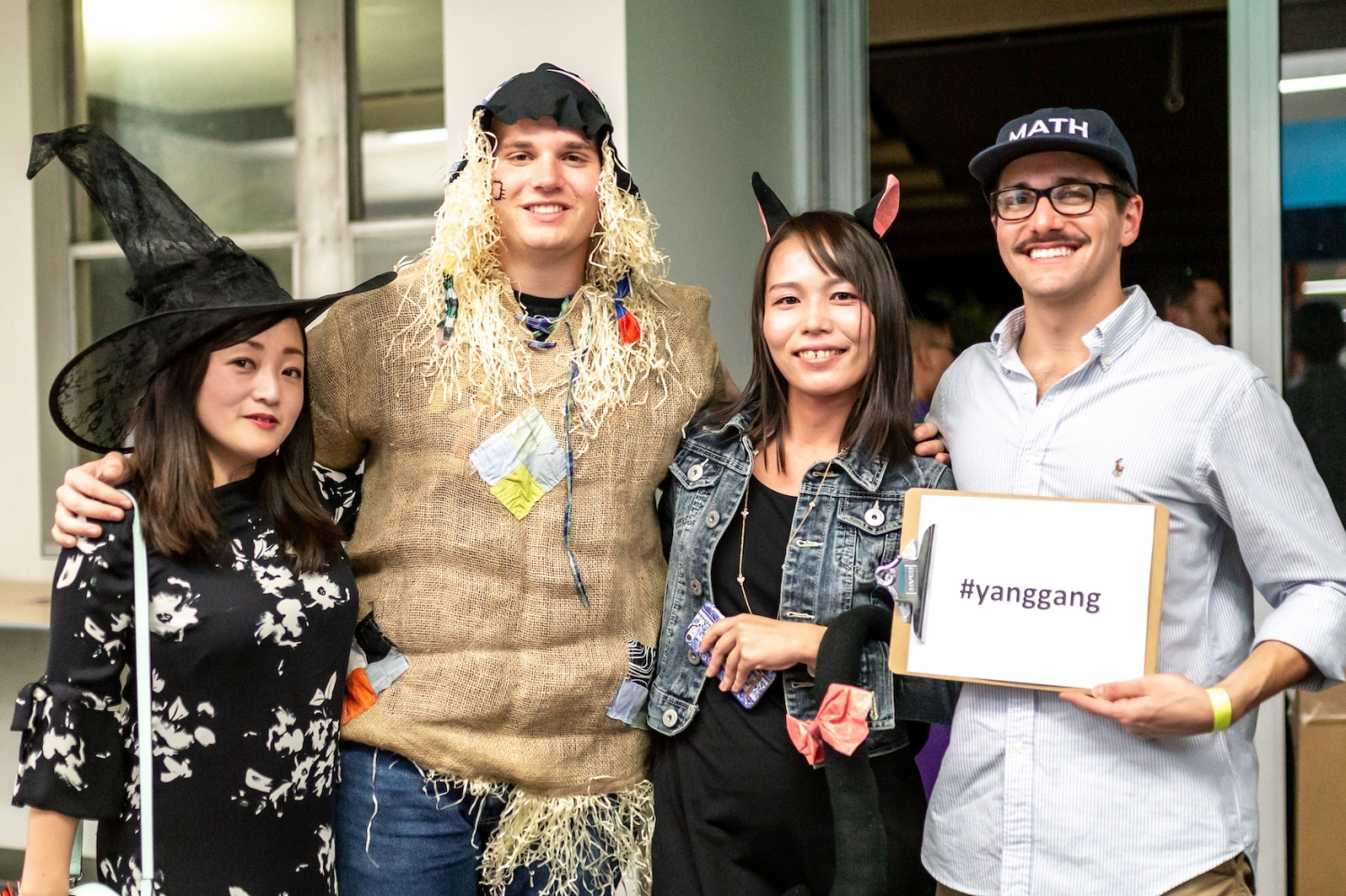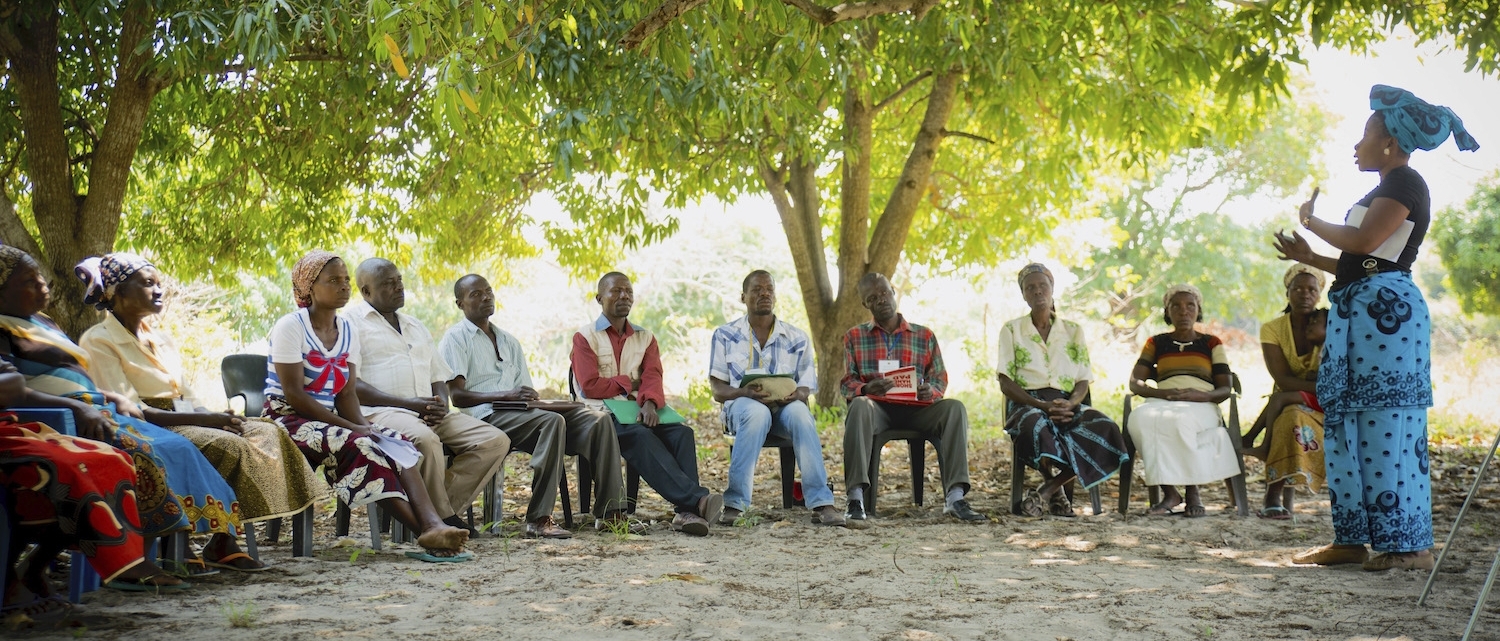MPP Candidate Dulce Vasquez Appointed to Olvera Street Commission
Dulce Vasquez, a second-year MPP student at UCLA Luskin, has been appointed to the El Pueblo/Olvera Street board of commissioners by Los Angeles Mayor Eric Garcetti. Vasquez said she feels a personal connection to Olvera Street, which bridges the divide between her American and Mexican identities. “It was the physical incarnation of my being,” she said during an interview with Univision. As a commissioner, Vasquez hopes to better utilize space, promote Latino entrepreneurship, stay in step with downtown Los Angeles development, and incorporate social media technology into the vendors’ day-to-day operations. “Social media is super important for the growth of these small businesses. Yelp, Etsy, TripAdvisor, Instagram — we want to make sure they all have accounts and know how to use them, how to sell their goods,” she told Univision. Vasquez emphasized the importance of sharing the culture and history of Latinx people in Los Angeles. “We didn’t just arrive! We’ve been here for 200 years and we’ll be here for the next 200 and we need to teach our culture,” she said in the Univision interview. On Olvera Street’s legacy, she said, “I see it as the Ellis Island of Los Angeles, where people came through, gathered, created their livelihood.” Vasquez has a track record of promoting civic engagement. She is director of strategic partnerships at Arizona State University and has also served as managing director of Zócalo Public Square. Vasquez will also be on the March 3, 2020, ballot, running for a seat on the state Democratic Central Committee for Assembly District 53. — Myrka Vega
